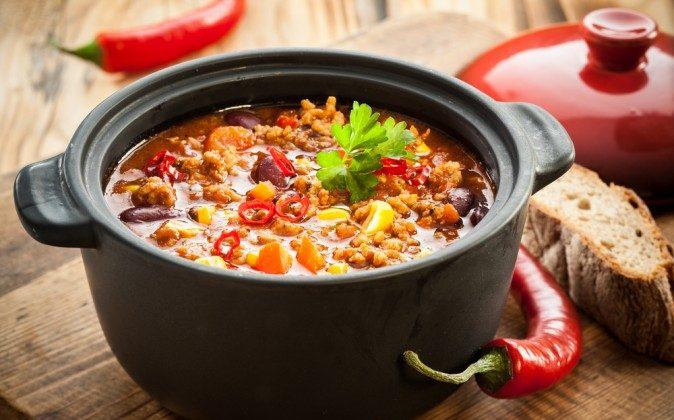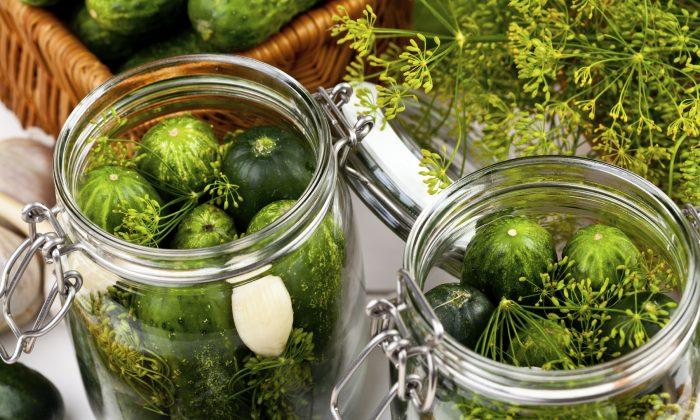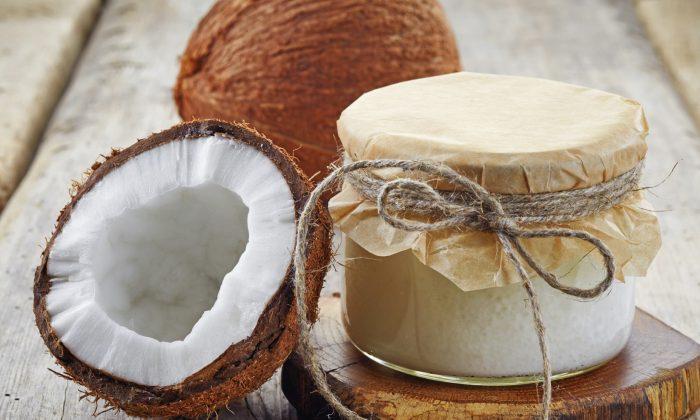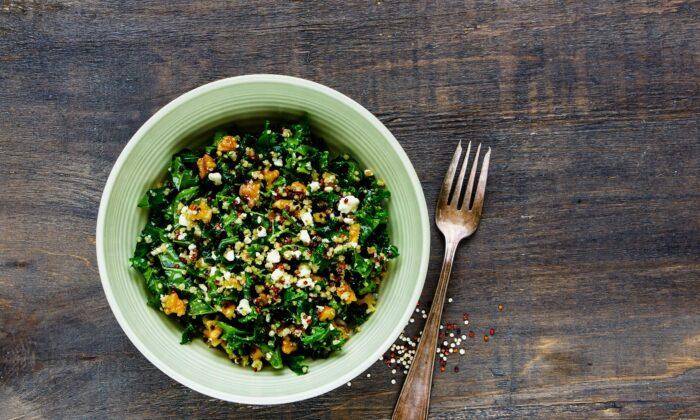“Where do you get your protein?”
It’s a question most vegetarians or vegans loathe to hear, but probably hear it fairly often. Not that people ask it to be jerks, necessarily. In all likelihood, it’s a failure of our nation’s school systems. Be it science or health teachers, distilling the protein content out of every possible food has never been high on the priority list. Most people are just misinformed. The long-standing food “pyramid” was only recently replaced by the Obama administration to reflect a more well-rounded selection of foods—mostly from the plant kingdom. We’re learning; but it’s a process.
So the vegetarians and vegans figure it out by trial and error. Sure, we could eat veggie chick'n nuggets all day long “for the protein“, but we know better. Hopefully.
Protein is one of those nutrients we need every day. If you’re an athlete or pregnant, you need even more of it. In fact, many meat-eaters get a good amount of their protein from non-meat sources every day, whether they know it or not. That’s because protein is widely available in many foods. And while those faux nuggets are darn tasty, they’re processed, and that means loads of salts, flavorings, fats and more gnarly ingredients are added. They’re no comparison for true, whole food protein sources. Here are a few sources of vegetarian or vegan protein that you’re hopefully already eating.

1. Beans: The vegetarian and vegan staple. Whether you eat them whole, refried or in products like soy tofu or tempeh, beans are protein stars. Virtually all types of beans contain protein and they’re full of fiber too, which is equally as important. Depending on the bean, you can get 15 to 68 grams of protein per serving.
2. Whole grains: Grains play many important roles in the diet and one of them is to provide protein. Unlike their refined cousins (white rice, bleached flour, etc), a whole grain is rich in nutrients, including protein. One cup of cooked quinoa delivers 18 grams of protein!
3. Hemp seeds: If you haven’t tried hemp seeds yet, you’re missing out. Not only are they delicious and versatile, but they’re loaded with good-for-you nutrients including fiber, healthy omega-fatty acids, lots of vitamins and minerals, and a very digestible plant-based protein. Some athletes swear by hemp protein and it’s a great way to boost your protein intake quickly (especially in a shake or a smoothie). One serving of hemp protein powder can provide 11 grams of protein.
4. Chia seeds: Like hemp seeds, the South American chia seed is a great protein source as well as providing you fiber, omega-fats and more. They’re excellent at keeping you hydrated, too, because they can hold up to 12 times their weight in liquid. Each tablespoon of chia seeds is equal to about one gram of protein.
5. Pea protein: A relative new-comer in the isolated protein market, pea protein is an excellent sub-in for soy if you’re trying to cut down on the risks. It’s found in a few mock-meat items now and can also be found in protein powder mixes. One serving contains about 24 grams of protein.

6. Nuts: Crunchy, rich nuts are great to snack on, and they’re also a great way to get your protein fix, too. Whether you eat them whole, in an energy bar or as a nut butter, you can get a good protein boost any time of the day. A one-ounce serving of almonds contains 6 grams of protein. They are a great and filling vegan or vegetarian friendly snack.
7. Vegetables: And don’t underestimate your garden friends, either! Sprouts contain between 1 to 2 grams of protein per serving as do beets, broccoli and squash, just to name a few. Brussels sprouts and okra contain more than 3 grams. Avocadoes (technically a fruit) contain more than 4 grams of protein per serving.
This article was originally published on www.NaturallySavvy.com
*Images of “vegan chili“, ”black beans“ and ”cashews“ via Shutterstock






Friends Read Free